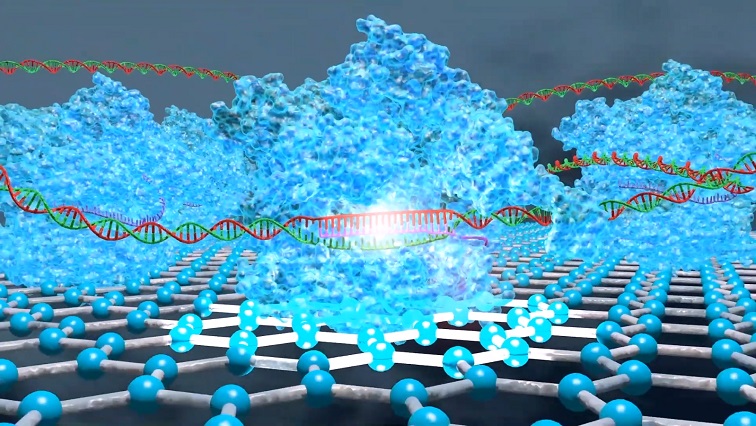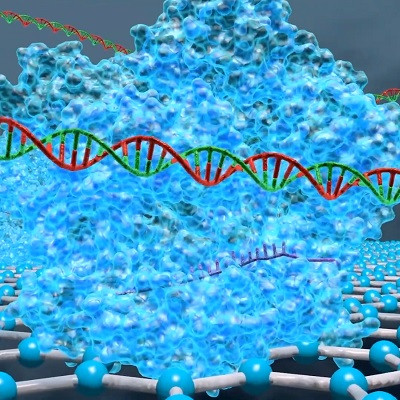Cardea is excited to announce the finalization of their merger-acquisition of Nanosens Innovations, Inc., the creators of CRISPR-Chip™. Cardea first broke the news of the proposed merger in September, along with the announcement of their Early Access Program for the Genome Sensor™. Built with CRISPR-Chip technology, the Genome Sensor is the world’s first DNA search engine. It can google genomes to detect genetic mutations and variations.
Merging the two companies allows the power of Nanosens’ CRISPR-Chip technology to be combined with Cardea’s graphene biosensor infrastructure. This enables Cardea to build an advanced DNA version of its “biology-based transistors” which would otherwise normally work with proteins. Via the “Powered by Cardea” strategy, a series of new CRISPR-Chip DNA-focused products will be developed and marketed via Cardea’s partnerships with large companies in different markets.

Genome Sensor: The DNA Search Engine (YouTube).
“We are thrilled to announce that both companies’ Board of Directors and Shareholders have strongly supported the merger by voting yes to combining the two companies. I’d like to thank everyone who has made this possible. We here at Cardea are excited to expand our team of talents with the talents from Nanosens,” says Cardea’s CEO, Michael Heltzen.
Nanosens will continue as a Cardea brand for the Genome Sensor and other tools made for the research market. They are currently accepting applications to the Genome Sensor Early Access Program where a select few will have exclusive access to the Genome Sensor before the rest of the world.
“With Nanosens as our internal Innovation Partner, and a handful of external Innovation Partnerships soon to be signed, we are ready to take in the investments we have been offered and scale up Cardea. This will take us to the next level on our venture to build the biology-based transistor company that allows for people to connect computers directly with biology,” continues Heltzen.
Cardea is actively looking for companies to partner with and co-develop new products through their Innovation Partnership Program. Partners will be able to utilize the unique features of Cardea’s “biology-based transistors” for future products. These features include near real-time detection, outside-the-lab DNA detection, and handheld user-friendly devices that enable insight to the biology systems in and around us. For more info, please visit here.
Read the original article on PRWeb.
